The phrase “Rumi quotes in Urdu” refers to the sayings, verses, or poetic expressions of Jalaluddin Muhammad Rumi, a 13th-century Persian poet, mystic, and scholar, translated into the Urdu language. Let’s break it down in detail:
1. Who is Rumi?
- Rumi is one of the most famous poets and mystics in history, celebrated for his profound wisdom, spiritual insights, and timeless poetry.
- He primarily wrote in Persian, and his works have been widely translated into numerous languages, including English, Urdu, Turkish, and Arabic.
- His poetry focuses on themes like love (divine and human), unity, spirituality, self-discovery, and the deeper meaning of life.
2. Why in Urdu?
- Urdu, being a widely spoken language in South Asia, especially in Pakistan and India, is closely related to Persian in its script, vocabulary, and literary tradition.
- Urdu speakers often feel a deep cultural and emotional connection to Rumi’s works due to their shared linguistic and poetic heritage with Persian.
- Translating Rumi’s quotes into Urdu makes his wisdom accessible to a broader audience who may not be fluent in Persian.
3. What do Rumi’s quotes in Urdu signify?
- Rumi’s quotes, when translated into Urdu, retain the spiritual and poetic essence of his original works.
- Urdu, known for its poetic beauty and expressive capacity, complements the depth and rhythm of Rumi’s thoughts.
- These quotes are often used for inspiration, personal reflection, or in spiritual and literary discussions.
4. Cultural Importance
- In South Asian culture, Rumi’s quotes in Urdu are often recited in religious gatherings, poetry sessions, and even in personal settings.
- Many Urdu poets and mystics have drawn inspiration from Rumi’s works.
- His quotes are also used in educational, spiritual, and therapeutic contexts to evoke a sense of peace and introspection.
- By translating and sharing Rumi’s wisdom in Urdu, his universal message continues to resonate with and inspire millions of people in South Asia.

-
کرامت ہمارے اندر ہے ہم باہر تلاش کرتے ہیں۔

-
جیسے پانی چاند اور ستاروں کی عکاسی کرتا ہے جسم دماغ اور روح کی عکاسی کرتا ہے۔

-
اچھی صورت دل کو متاثر کرتی ہے جب کہ اچھی سیرت روح کو

-
میں نے اللہ سے کہا! میں تمہیں جاننے سے پہلے نہیں مرنا چاہتا اللہ نے جواب دیا ، جو مجھے جان گیا وہ کبھی نہیں مرتا۔
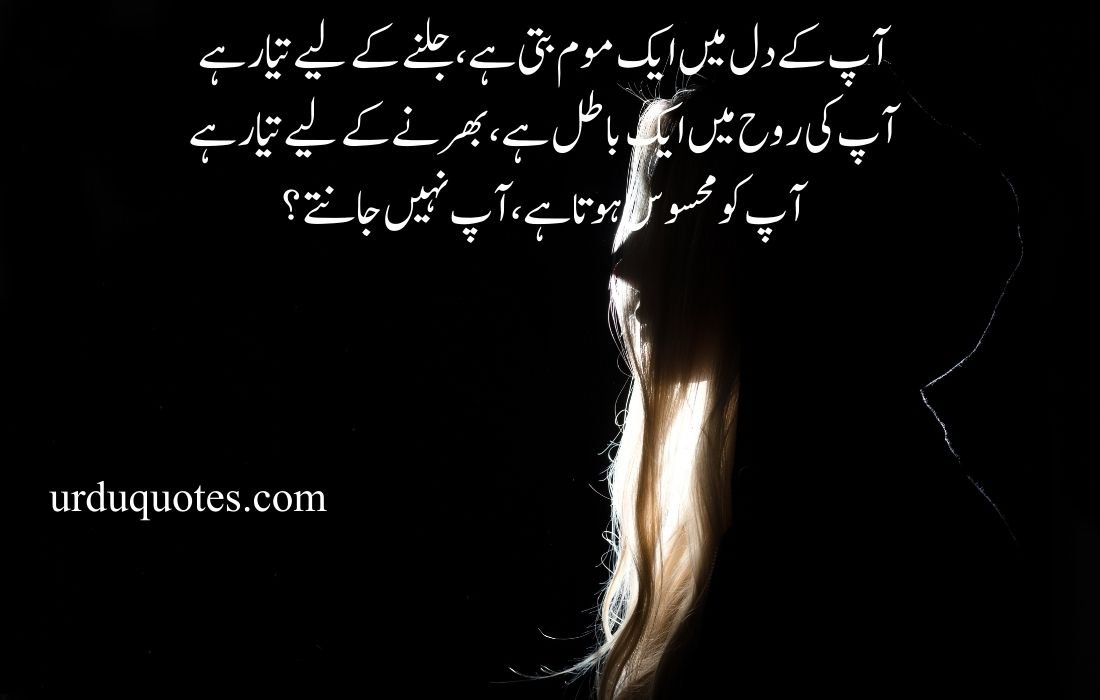
-
آپ کے دل میں ایک موم بتی ہے ، جلنے کے لیے تیار ہے آپ کی روح میں ایک باطل ہے، بھرنے کے لیے تیار ہے آپ کو محسوس ہوتا ہے، آپ نہیں جانتے ؟

-
پرہیز یقیناً دوا کی جڑ ہے پرہیز کر پھر اپنی روح کی طاقت دیکھ۔

-
وسوسوں سے پرہیز کر اس لیے کہ اِن جھاڑیوں میں شیر چھپے ہیں۔
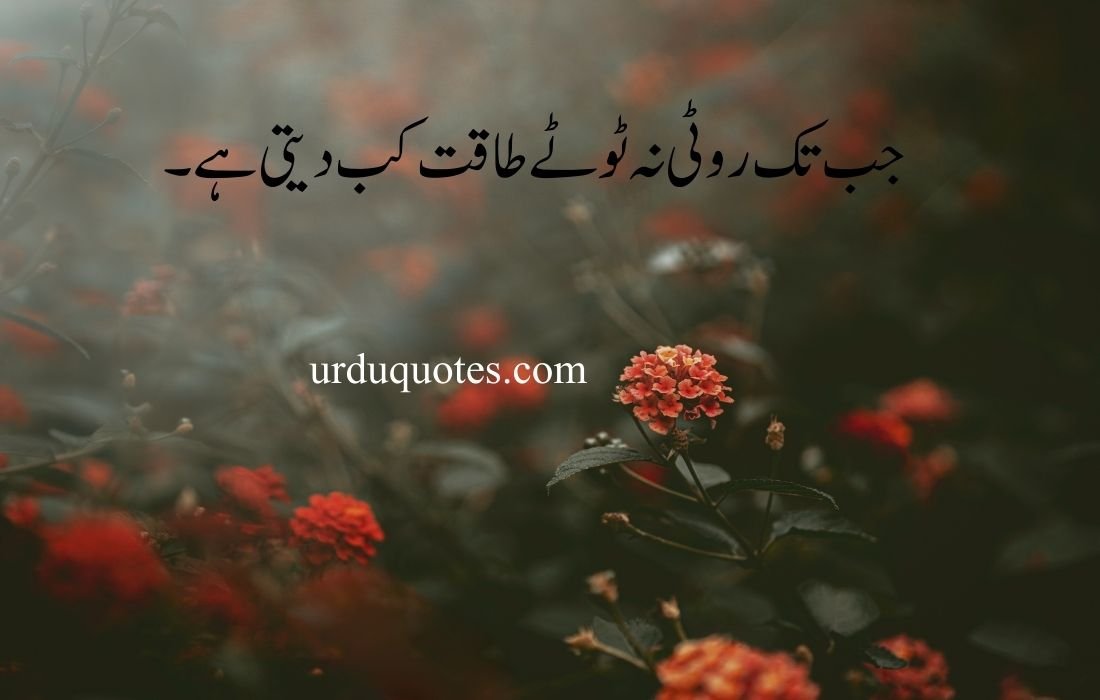
-
جب تک روٹی نہ ٹوٹے طاقت کب دیتی ہے۔

-
جو شخص آفتاب جیسا چہرہ نہ رکھتا ہو وہ نقاب کی طرح رات کے سوا کچھ نہ چاہے گا جب کہ اس کا کاٹا پھول کی ایک پتی بھی نہ رکھتا ہو موسمِ بہار اس کے چھپے ہوئے رازوں کا دشمن ہوگا۔

-
جو فقیر غیر کا پیاسا ہوا وہ ذلیل اور بے وقوف ہے اور بھلائی سے خالی ہوا۔

-
جب تو بھوکا ہوتا ہے کتا بن جاتا ہے، تو بد مزاج، بداخلاق، بد خصلت ہو جاتا ہے، جب تیرا پیٹ بھر جاتا ہے تو مُردہ ہو جاتا ہے، دیوار کی تصویر کی مانند بے خبر ہو جاتا ہے۔
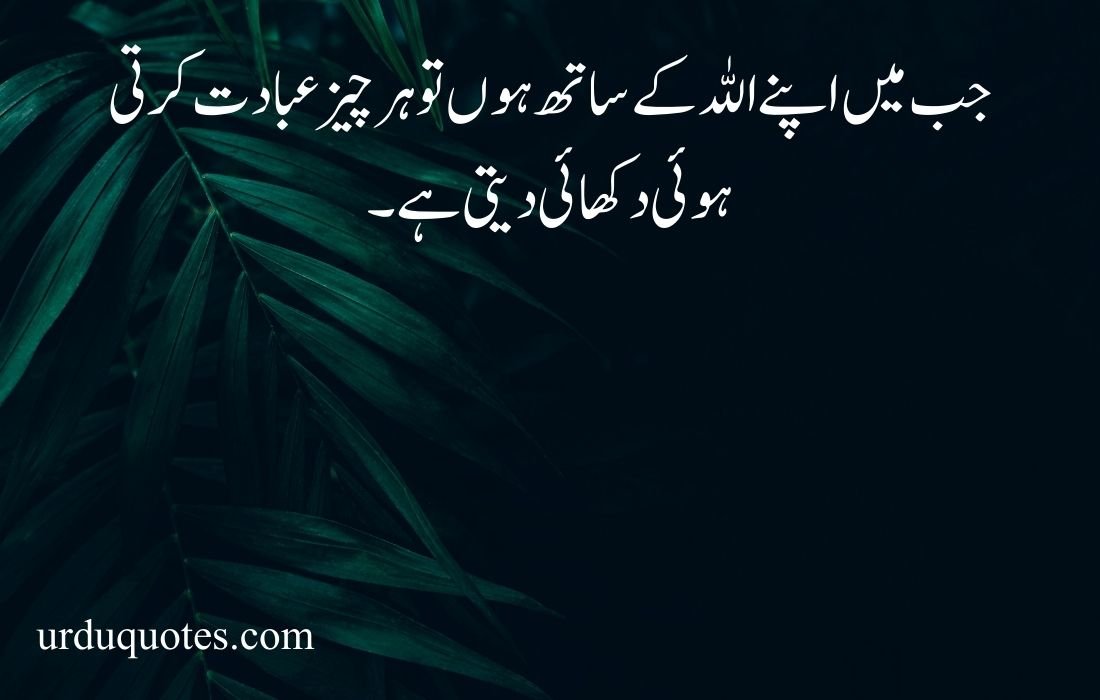
-
جب میں اپنے اللہ کے ساتھ ہوں تو ہر چیز عبادت کرتی ہوئی دکھائی دیتی ہے۔

-
اگر تو خدا پر توکل رکھتا ہے تو کام بھی کر، اس کے بعد خدا پر بھروسہ کر۔
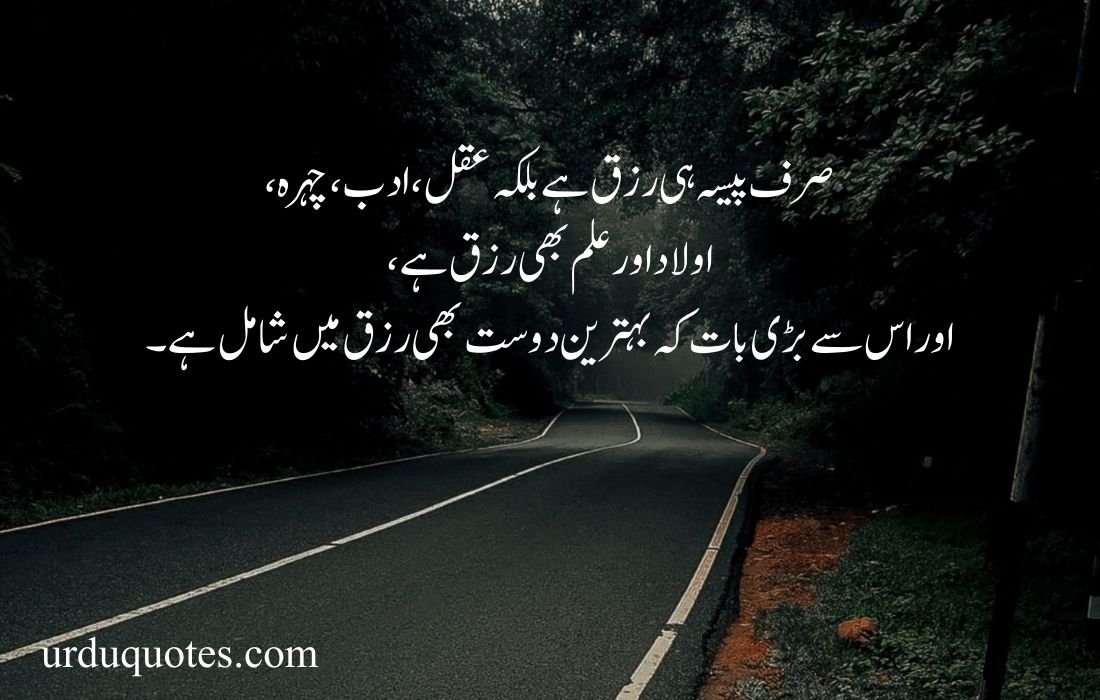
-
صرف پیسہ ہی رزق ہے بلکہ عقل، ادب، چہرہ، اولاد اور علم بھی رزق ہے، اور اس سے بڑی بات کہ بہترین دوست بھی رزق میں شامل ہے۔
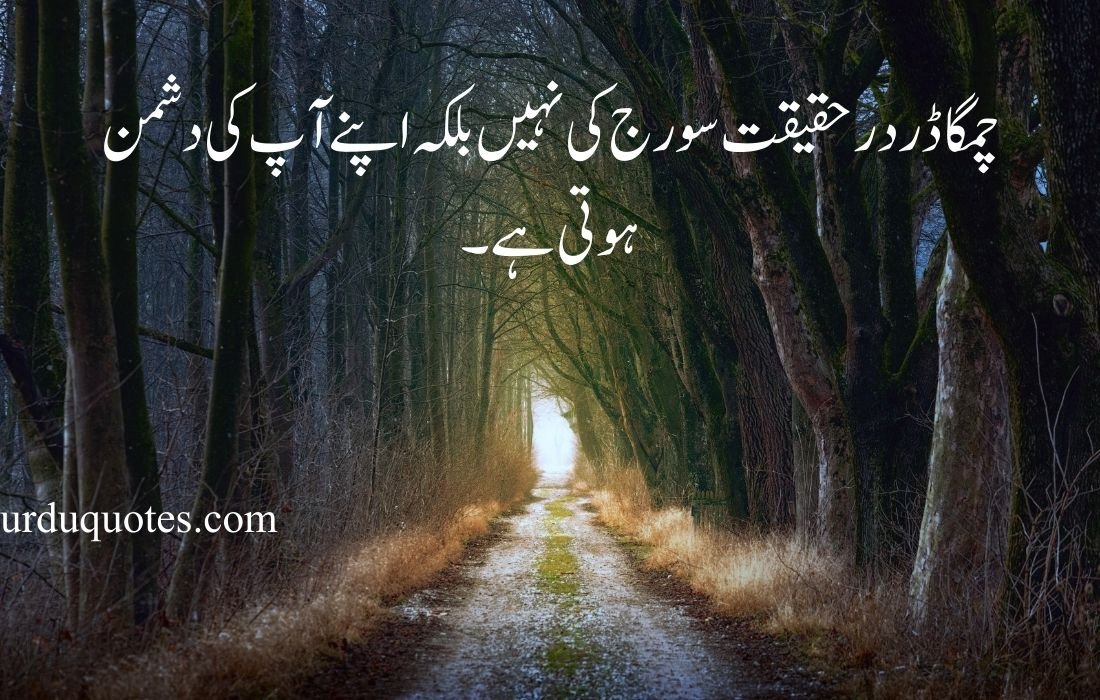 چمگاڈر درحقیقت سورج کی نہیں بلکہ اپنے آپ کی دشمن ہوتی ہے۔
چمگاڈر درحقیقت سورج کی نہیں بلکہ اپنے آپ کی دشمن ہوتی ہے۔













